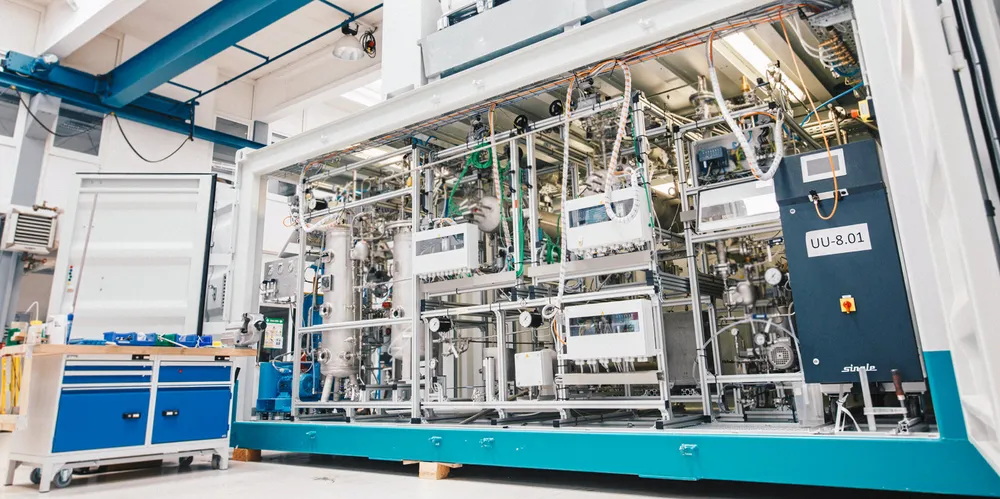Plan to ship green hydrogen in 'liquid carrier' from Sweden – but no H2 source yet lined up
‘It’s not really important from whom we get the green H2’, LOHC supplier and project co-developer Hydrogenious tells Recharge

‘It’s not really important from whom we get the green H2’, LOHC supplier and project co-developer Hydrogenious tells Recharge
